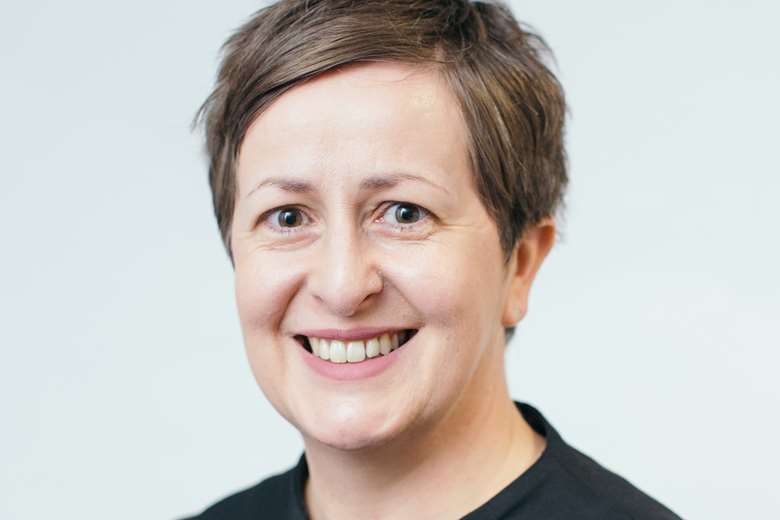Celebrate kinship carers by increasing support
Dr Lucy Peake
Wednesday, October 5, 2022
During #KinshipCareWeek2022 we rightly celebrate the thousands of kinship carers who make huge sacrifices to keep more than 162,000 children in England and Wales, within loving, safe and stable families; that’s nearly twice as many as in local authority care.

This year, Kinship has worked with the sector to coordinate Kinship Care Week, conceived by Kinship Carers Liverpool in 2018. While we recognise the invaluable difference kinship carers make to so many young lives, we must also acknowledge the huge challenges they face and the human cost of raising their loved ones with very little support.
We know many kinship carers are forced to give up their jobs, sell their homes and use their life savings and pension pots to give children a better future, and prevent them entering an over-stretched care system.
We owe kinship carers, those close relatives and family friends who step up to care for a child when their parents can’t look after them, a huge debt of gratitude for the incredible difference they make to children’s lives and our society.
Unlike foster carers, most kinship carers do not receive a non-means tested allowance, and very little emotional or practical support. There is no rationale behind this lack of support. It seems as though kinship carers, who are usually family members, are often ignored and taken for granted.
Our 2022 financial allowances survey showed that kinship carers were seriously struggling before the cost-of-living crisis really started to grip. Nearly nine in 10 (89 per cent) kinship carers told us they couldn’t afford household essentials for children like heating, food, and clothes, and as we edge into winter the situation could be even more desperate.
Carers like 33-year-old Laura, from West Sussex, who is raising her two half siblings told us she had been surviving on food banks, school food vouchers and family help. But the cost-of-living crisis had seen her energy and food bills soar and she’d fallen into arrears with her rent and was unable to afford basic household items
Laura lives in fear of debt collectors turning up at her door and wants to know why the Government won’t help kinship carers like her when they are the ones keeping families together.
Tragically, more than three in 10 kinship carers fear the increasing financial strain may prevent them from continuing to care for their kinship children, meaning thousands could be forced to enter an expensive and overburdened care system unnecessarily.
This would obviously have catastrophic consequences for children, who typically have better outcomes and experiences when they remain within their family network.
That’s why we’re calling on the government to provide kinship carers with urgent financial, emotional and practical support and respond positively to the recommendations from the Independent Review of Children’s Social Care report.
We are working hard behind the scenes to ramp up support among the public and politicians so that key decision makers understand what needs to be changed and why.
This week we will be accompanying kinship carers to meet the Department for Education’s Permanent Secretary, Susan Acland-Hood, to discuss their reflections on the Independent Review of Children's Social Care’s key recommendations. We want their first-hand expert experience and views to be taken on board when the Department for Education responds to the Review’s recommendations later this year.
We are also continuing to work closely with Munira Wilson MP on her Kinship Care Bill which has helped to galvanise cross party support for kinship care amongst MPs since July. And excitingly, later in October, Kinship will be launching a major new campaign mobilising kinship carers from across England and Wales to campaign for the changes they want to see.
Kinship offers carers financial, legal, practical, and emotional support and understanding. Our frontline workers help them navigate very stressful decisions and are always there to support them through good and bad times.
As Kinship Care Week launches, we remain as committed as ever to making change happen and improving the lives of all kinship carers and their families, and we will not stop until this happens.
Dr Lucy Peake is chief executive of charity Kinship




